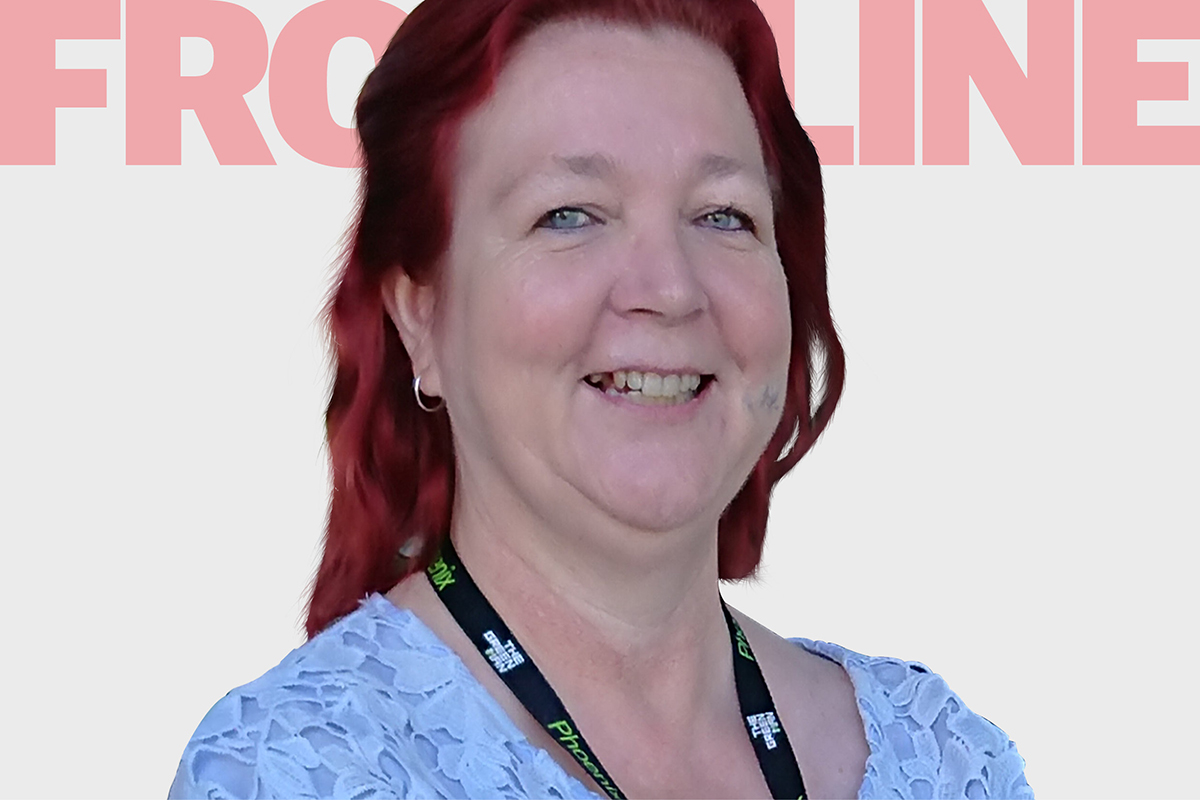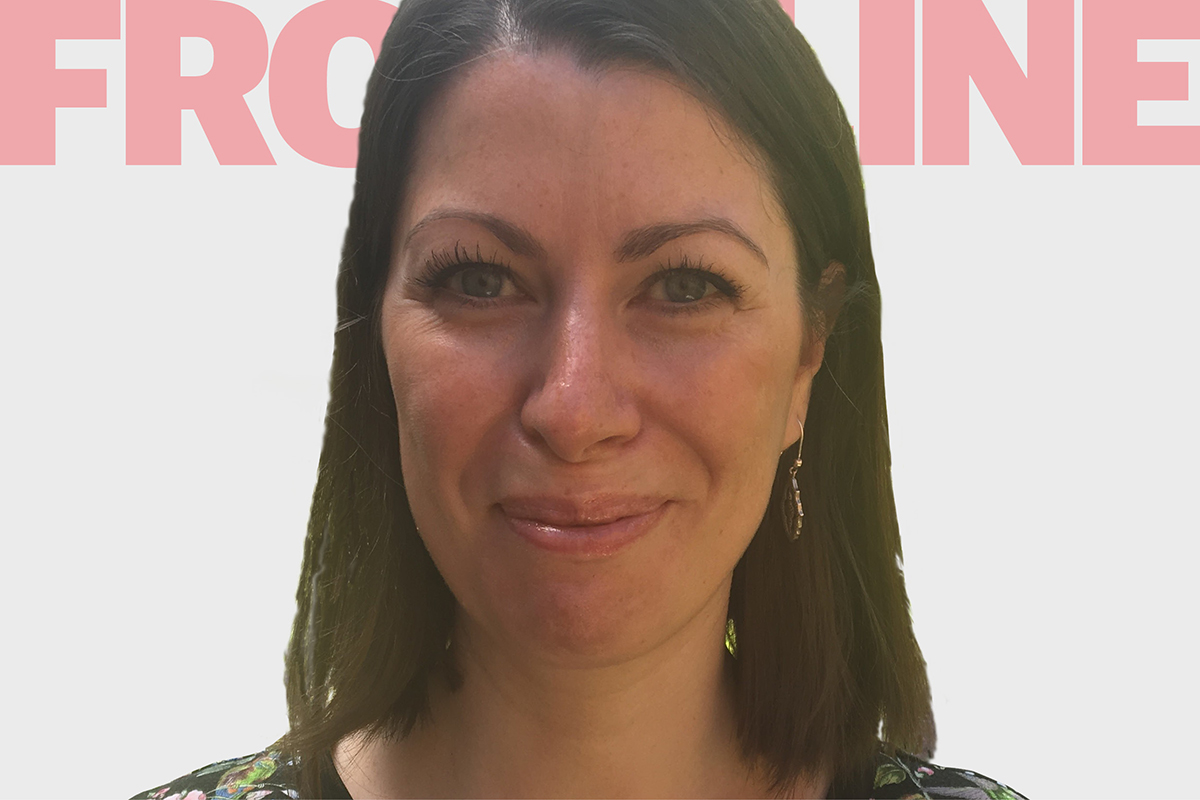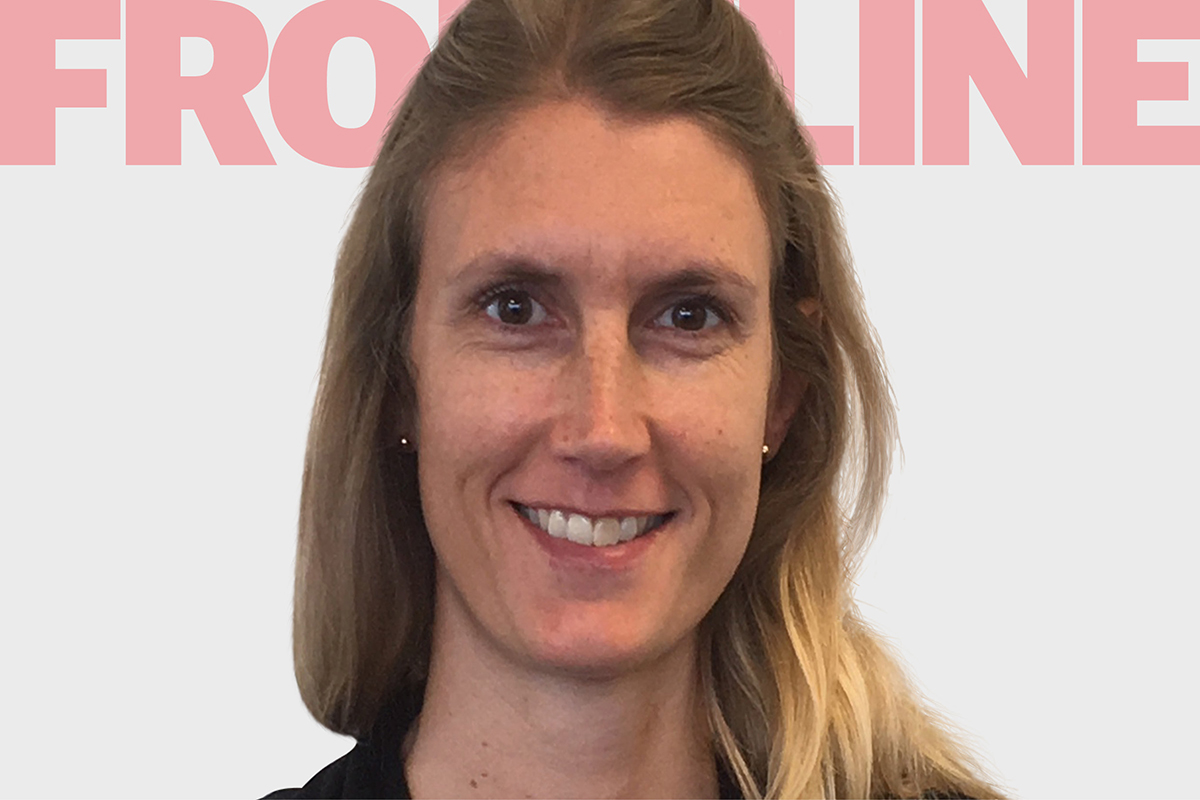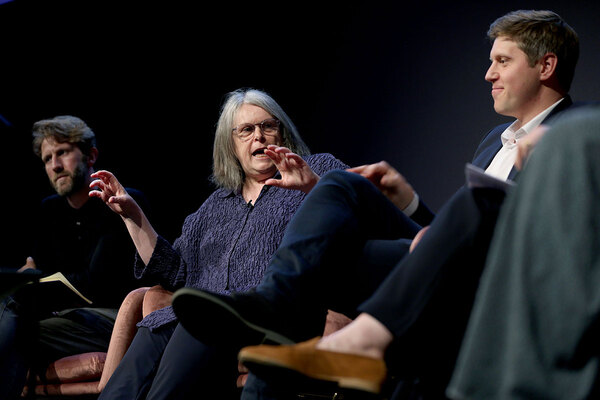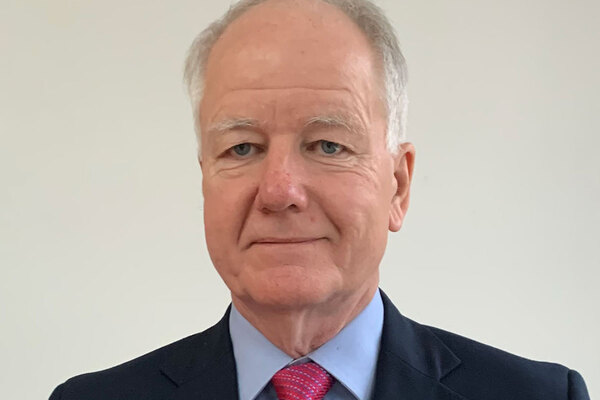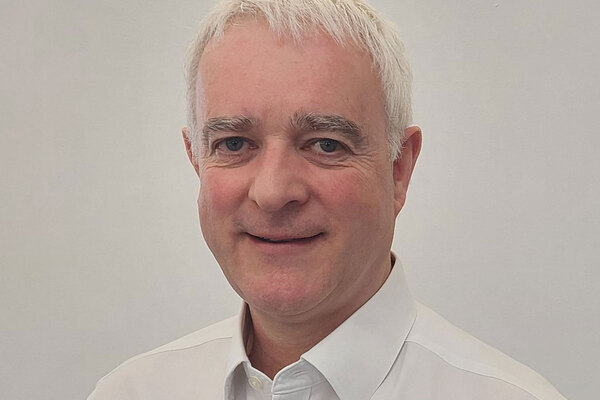You are viewing 1 of your 1 free articles
From the frontline - Mary Denne
Mary Denne, housing officer at Phoenix Community Housing, talks about making void properties available quickly, the value of the NHS and how she wanted to be a bus conductor
Tell us about your job.
I manage voids and lettings. It’s a varied role, but at its core is arranging viewings and sign-ups with families in urgent housing need, registered on Lewisham Council’s waiting list.
Since Phoenix first began 10 years ago, we’ve made significant improvements on how quickly we can get empty properties ready for someone in housing need.
The average time taken is 24 days. Last year we reduced overall rent loss on voids by the equivalent of one bedsit for a year.
How did you get into housing?
Quite by chance. I was made redundant from my first job in 1982, working for a small firm of architects in central London.
I hated commuting, so was delighted to get a temporary job as a clerical assistant in the housing department with Lewisham Council, which was close to where I lived.
I worked my way up and when Lewisham transferred stock to Phoenix 10 years ago, I went with it.
What is the best part of your job?
I describe myself as a housing officer with a twist. We’re a resident-led housing association and I’m encouraged to go beyond my job description to support our tenants. As well as helping people find homes and reducing void turnaround, I like supporting tenants to access other services such as our Roots into Work employment programme. We recently re-housed a young man leaving care. He was desperately trying to find a job but had been unsuccessful. I was able to refer him to our programme and he is now on the Royal Mail employability training that could lead to a three-month paid placement.
What’s the worst part?
Managing customers who don’t always understand the shortage of social housing in our area.
They might have a list of reasons ready of why they can’t accept a property, despite it being a good offer for their needs, and think they might get something better if they complain.
Fortunately, this does not happen too often but can be frustrating when I know I have done all that I can.
What would you change about the housing sector?
I would like to see more genuinely affordable housing built and available, and identify new, innovative housing solutions for the young people in our community. My own children are all in their 20s, yet are still living at home with me and with very little hope of securing accommodation in the foreseeable future.
If you could be prime minister for the day, what would you do?
The NHS is very important to me for personal reasons. It’s been large in my world with the death of my father last year and the birth of my granddaughter this year. If I was prime minister, I would take its 70th birthday as an opportunity for a complete reform.
What’s the most private thing you’re willing to admit to your colleagues.
I wanted to be a bus conductor when I left school. I’m not sure why – probably just because I liked those old ticket machines. I try not to talk about it now.
What advice would you give to someone just starting out in housing?
Don’t be afraid to work your way up the ladder. It’s the best way to build your knowledge and gain genuine experience to make you better in your role. It gives you the opportunity to network too, which is good for you and the sector.
